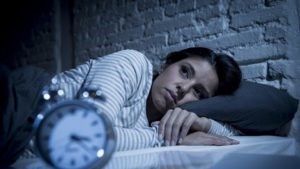How Caffeine Withdrawal Can Affect Mental Health

A cup of coffee can definitely make you feel perky and fresh. It is what most of us reach out for first thing in the morning and it is in fact the elixir that keeps us going. But what happens when it is more than one cup of coffee a day, maybe 4, 5, that too over the years?
If you ask any coffee drinker if they can go without their fresh cup of coffee, the answer would be a resounding no. Most times, it is “I cannot go even a day without coffee!”
While there are many benefits that have been cited by experts, too much coffee is definitely not good and there are proven side-effects when you stop coffee or try to cut down.
Here are a few symptoms of caffeine withdrawal and how it can affect your mental health.
1. Irritability
Coffee is often a great mood lifter for anyone used to it and denying them their cup of coffee can mean that they can become rather irritable and touchy.
2.Anxiety
Like any other addiction, coffee withdrawal can cause anxiety and panic attacks for hardcore coffee drinkers.
3. Nervousness
As surprising as it may be, a simple withdrawal from coffee can cause shivering and nervousness in regular consumers. This can inhibit them from doing their daily tasks.
4. Drowsiness
The biggest complaint any coffee drinker would put forth is that they don’t feel the same way when they stop drinking coffee. When they say this, what they often mean is that they don’t feel active and fresh. This is the effect that caffeine has on the brain and when that additional boost is not there, coffee drinkers feel a drop in their levels of activity.
5. Interacting with Other mental illness
While we saw the direct side effects of coffee on mental health, caffeine can also interact with any other mental condition that you might have. Whether it is anxiety, depression or even an insomnia, caffeine tends to make it worse.





